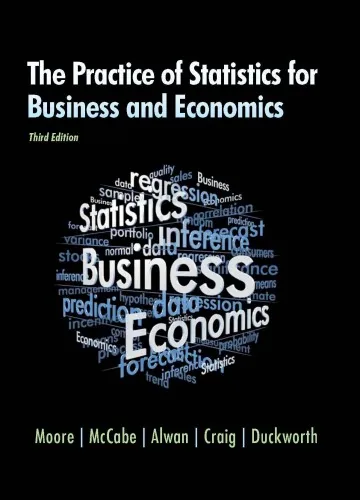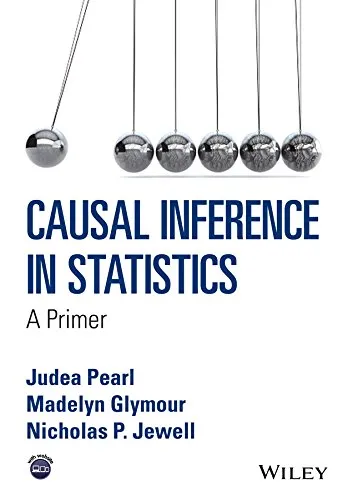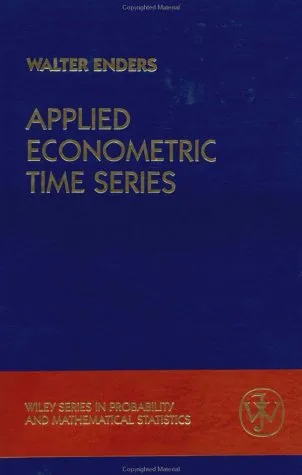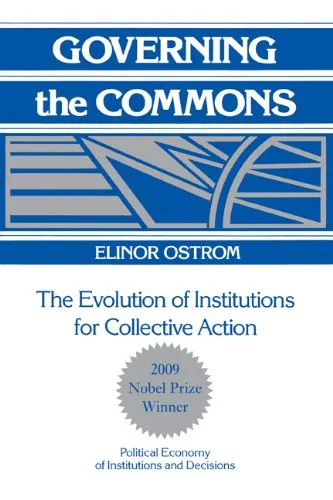Contract Law and Social Morality
4.5
Reviews from our users

You Can Ask your questions from this book's AI after Login
Each download or ask from book AI costs 2 points. To earn more free points, please visit the Points Guide Page and complete some valuable actions.Related Refrences:
Introduction to "Contract Law and Social Morality"
"Contract Law and Social Morality" is a thought-provoking exploration of how law and morality intersect in the framework of contract law. Written by Peter M. Gerhart, this book provides a revolutionary approach to understanding contract law by emphasizing the relationship between legal rules and the moral obligations that underlie them. Departing from traditional legal analysis, it delves into the role of trust, responsibility, and social cooperation in forming and enforcing contractual agreements. By blending philosophical insights with legal doctrine, the book offers a holistic view of contracts as instruments that reflect our shared moral expectations.
Detailed Summary of the Book
At its core, "Contract Law and Social Morality" analyzes contracts not simply as legal agreements, but as moral partnerships that navigate the complex landscape of individual preferences and social interests. The book begins by questioning the assumptions underlying classical contract theory, such as the notion of purely self-interested parties entering agreements with rigid terms.
Gerhart introduces the idea of relational contracts, emphasizing the mutual trust and evolving responsibilities that form the foundation of many agreements. Instead of focusing solely on enforcement mechanisms, like penalties for breach, the book highlights the importance of moral expectations in achieving cooperation and reducing conflict.
Moving through legal doctrines like offer, acceptance, consideration, and breach, the book demonstrates how morality and law work hand-in-hand to ensure fairness. Gerhart uses real-world examples to illustrate how courts interpret contracts, not only through formal language but also by weighing the moral commitments underlying them. The discussion extends to the limits of freedom in contract, where issues like unconscionability and duress come into play, showing how morality constrains and shapes legal principles.
The book concludes by proposing a new model for contract law—one that integrates moral reasoning into legal analysis. This model seeks to balance individual autonomy with collective welfare by fostering trust and cooperation among contracting parties.
Key Takeaways
- Contract law is inherently tied to social morality, as agreements rely on trust and mutual benefit.
- Relational contracts demonstrate how long-term cooperation fosters moral and legal obligations that go beyond the written terms.
- Courts often evaluate contracts in light of fairness and moral responsibilities, particularly in cases involving inequality or coercion.
- Legal principles, such as good faith and unconscionability, reflect moral concepts that ensure equitable outcomes.
- A balance must be maintained between individual autonomy and collective social good within the context of contracts.
Famous Quotes from the Book
"Contracts are not merely tools of self-interest but are manifestations of trust and cooperation among moral agents."
"The enforcement of a contract is not just about the words on a page; it is about the reasonable expectations shaped by our shared norms of fairness."
"Freedom of contract cannot exist without constraints of fairness—it is morality that forms the scaffolding for autonomy."
Why This Book Matters
"Contract Law and Social Morality" provides a fresh perspective on legal scholarship and practice, making it an essential read for academics, practitioners, and students alike. In a world increasingly dominated by individualism and efficiency, this book reminds us of the moral dimensions of law that safeguard humanity and fairness in social and economic relationships.
By integrating moral values with legal principles, Gerhart bridges the gap between philosophy and jurisprudence. The book challenges legal professionals to rethink their approach to contracts, not merely as binding transactions but as moral engagements that shape community and trust. For policymakers and judges, it offers practical insights into crafting laws and decisions that reflect societal values in an equitable manner.
For readers interested in the intersection of law, philosophy, and social ethics, "Contract Law and Social Morality" offers a transformative guide. In proposing a morality-driven legal framework, it equips us with tools to create a more empathetic and just society.
Free Direct Download
You Can Download this book after Login
Accessing books through legal platforms and public libraries not only supports the rights of authors and publishers but also contributes to the sustainability of reading culture. Before downloading, please take a moment to consider these options.
Find this book on other platforms:
WorldCat helps you find books in libraries worldwide.
See ratings, reviews, and discussions on Goodreads.
Find and buy rare or used books on AbeBooks.
1363
بازدید4.5
امتیاز0
نظر98%
رضایتReviews:
4.5
Based on 0 users review
Questions & Answers
Ask questions about this book or help others by answering
No questions yet. Be the first to ask!














